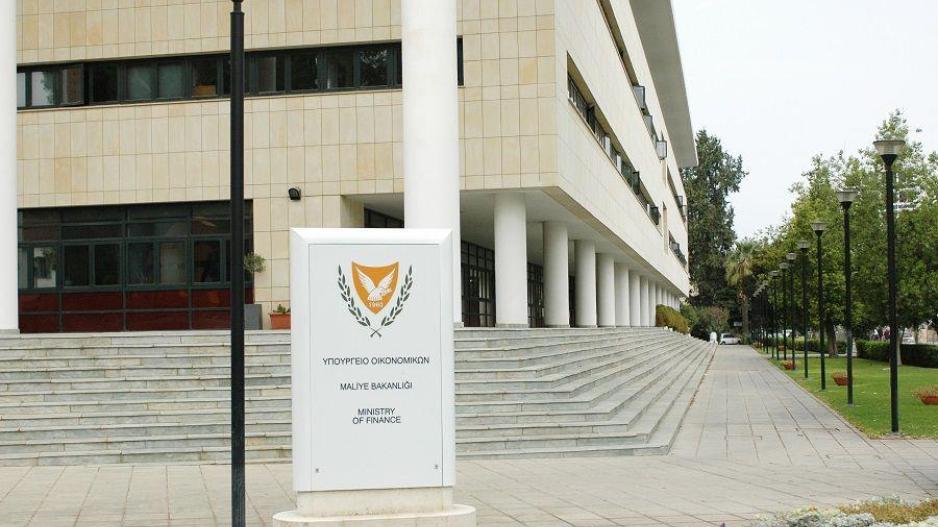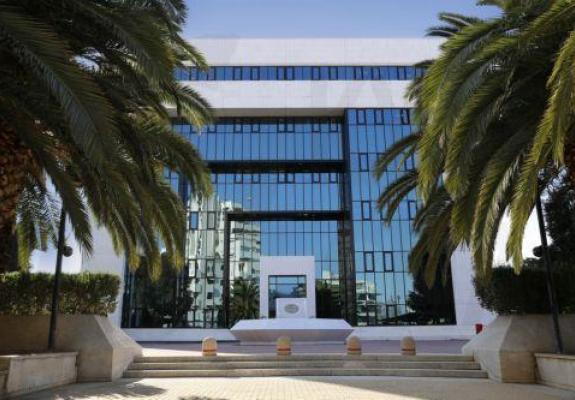Integrating the REPowerEU tool into the National Recovery and Resilience Plan: Milestones and targets adjusted
The General Directorate for Development of the Finance Ministry is currently working diligently, alongside other state bodies and stakeholders, to revise the National Recovery and Resilience Plan. The goal is to integrate RePowerEU into it and make necessary adjustments to milestones and targets, thereby facilitating the next round of disbursements.
In an interview with Cyprus News Agency, Anthoula Savvidis, Director of the Recovery and Resilience Directorate at the General Directorate for Development, emphasized the collaborative efforts to accomplish this task. Mrs. Savvidis explained that the General Directorate for Development is actively engaged in informal consultations with the European Commission, as their objective is to finalize the modification document by June, ensuring its submission to the Council of Ministers for approval and subsequent submission to the Commission.
The modified plan, expected to be presented to the Council of Ministers for approval in June, will include additional grants totaling €104 million. €52 million of the total amount will be sourced from RePowerEU, while the remaining €52 million will generate from the Brexit Adjustment Reserve. Unfortunately, Cyprus experienced a reduction of €90 million in its initial Plan allocation (€1.2 billion) during the final distribution among Member States due to the higher performance of the Cypriot GDP.
The RePowerEU tool was developed in response to the Russian invasion of Ukraine, aiming to bolster the EU's strategic autonomy by diversifying its energy supply and reducing reliance on Russian mineral fuel imports. Mrs. Savvidis specified that the €104 million will be exclusively spent on energy projects.
Furthermore, Mrs. Savvidis highlighted that the plan modification permits the diversification or relocation of certain intermediate targets and milestones to ensure optimal utilization. "We are facing objective difficulties beyond the control of the coordinating authority, the Ministry, and the Government in general," she explained.
Addressing the pending matters related to the second installment, Mrs. Savvidis pointed out one particular milestone: the signing of the installation and operation agreement regarding smart metering infrastructure. This agreement entails the mass installation of approximately 400,000 smart energy meters in households and businesses by the distribution system operator. Although the contract was awarded to a successful bidder in March 2022, the signing process has been delayed due to appeals to the Tenders Review Authority.
Additionally, another obstacle to the disbursement of the second installment is the issue surrounding the procurement of firefighting equipment, including volatile means. While 17 relevant tenders have been announced and some contracts have been signed, the milestone requires the signing of all contracts. Delays have occurred once again due to appeals to the Review Authority and challenges in the supply chain.
The milestone specifies that agreements/contracts should be established with suppliers for the procurement of firefighting aircraft, vehicles, equipment, and the provision of services aimed at enhancing adaptation to climate change. These efforts also seek to reduce the risk of forest fire outbreaks, mitigate their spread, and strengthen protection against hazards faced by citizens, infrastructure, and forests in the event of a fire incident.

Regarding the third milestone of the second installment of the Plan, which is currently delayed, it involves the establishment and operation of four mobile units to assist individuals who are not engaged in education, employment, or training.
The implementation of this measure by the Department of Labor is facing a setback, as the contracted party has received the necessary resources but has not yet completed the required adjustments and delivery of the vehicles, as specified in the agreement.
Regarding the fourth milestone, which requires legislative regulation, it pertains to the draft law aimed at facilitating strategic investments. After extensive deliberation within the Internal Affairs Committee, the draft law has been temporarily withdrawn for further revision. The revised version of the draft law has been formally presented to Parliament and is currently being discussed.
"Once the modification of the Plan is approved, the second and third installments can be submitted, as the problematic aspects will have been addressed through modifications or relocations," Mrs. Savvidis explained.
It is important to note that the initial installment of €85 million was disbursed in early December last year, and a pre-financing amount of €156 million has already been received. There are nine additional installments remaining, and as per the existing plans, payment requests for these installments must be submitted by the end of 2026.
The EU Recovery and Resilience Plan aims at supporting member states in recovering from the economic impact of the COVID-19 pandemic and enhancing their resilience for the future. It focuses on key areas such as digital transformation, climate change, sustainable growth, and social cohesion. In parallel, the REPowerEU tool, developed as a response to geopolitical challenges, aims to diversify the EU's energy supply and reduce dependence on Russian mineral fuel imports, thereby strengthening the region's strategic autonomy and enhancing energy security.






